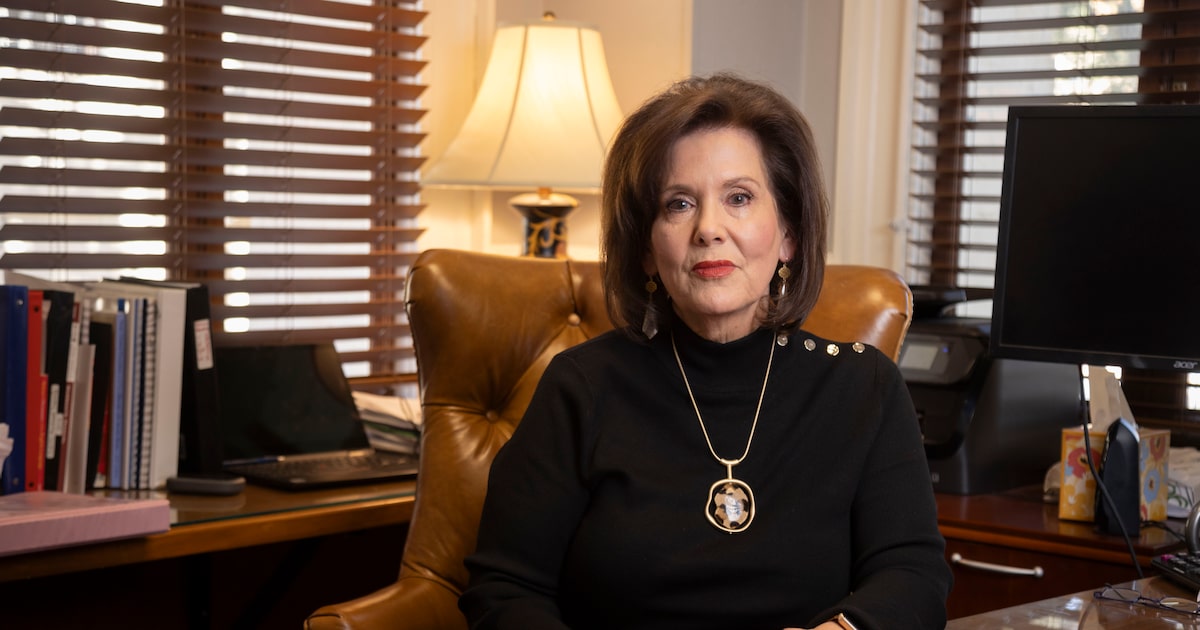The Texas Supreme Court recently amended rules to state that judges in Texas may now refuse to perform same-sex marriages on religious grounds without facing sanctions.
Here’s what to know:
What does the rule change mean?
Gay marriage remains legal in Texas. But the rule change means that judges across Texas can now refuse to perform same-sex marriages without facing any discipline from a judicial ethics commission.
Previously, a McLennan County justice of the peace faced discipline from a state judicial ethics commission after she refused to perform gay marriages while also officiating marriages between opposite sex couples.
That justice of the peace, Dianne Hensley, has been fighting a sanction from the State Commission of Judicial Conduct in court since 2016. In June 2024, the Supreme Court of Texas ruled Hensley could sue the commission after it issued her a public warning for refusing to perform gay marriages while still performing opposite-sex marriages.
Political Points
Her refusal to conduct gay marriages ran counter to the U.S. Supreme Court’s ruling in Obergefell v. Hodges, which required judges to either perform both same-sex and opposite-sex marriages or none at all. Hensley has said in court filings that performing same-sex marriages violates her religious beliefs.
How did the ruling come about?
The Supreme Court of Texas issued an amendment to the “canons” of the Texas Code of Judicial Conduct on Oct. 24.
The change was not prompted by a lawsuit and was issued by the justices without comment. The eight sitting justices signed a three-page document that stated, “It is not a violation of these canons for a judge to publicly refrain from performing a wedding ceremony based upon a sincerely held religious belief.”
That was quickly interpreted to free any judge across the state from any possible discipline for refusing to perform gay marriages based on religious objections.
What is the Texas Code of Judicial Conduct
The code is an ethical guideline for judges across Texas, including justices of the peace and district court judges.
The code is designed to regulate the conduct of judges. It is enforced by the State Commission on Judicial Conduct, a panel of appointees from the Supreme Court of Texas, the governor’s office and the State Bar of Texas.
However, the two appointees from the State Bar of Texas might be removed from the board if voters approve Proposition 12, which would allow the governor to appoint a majority of the commission’s members.
Abbott previously removed two of his nominees to the commission after they voted to discipline Hensley.
What’s next?
Hensley’s lawsuit is still pending in a Travis County district court. And the makeup of the State Commission of Judicial Conduct will be decided Tuesday.
The commission withdrew its public warning to Hensley in September 2024. Other judges have sued over possibly being sanctioned for refusing to perform same-sex marriages. And a federal challenge could be in the making.

